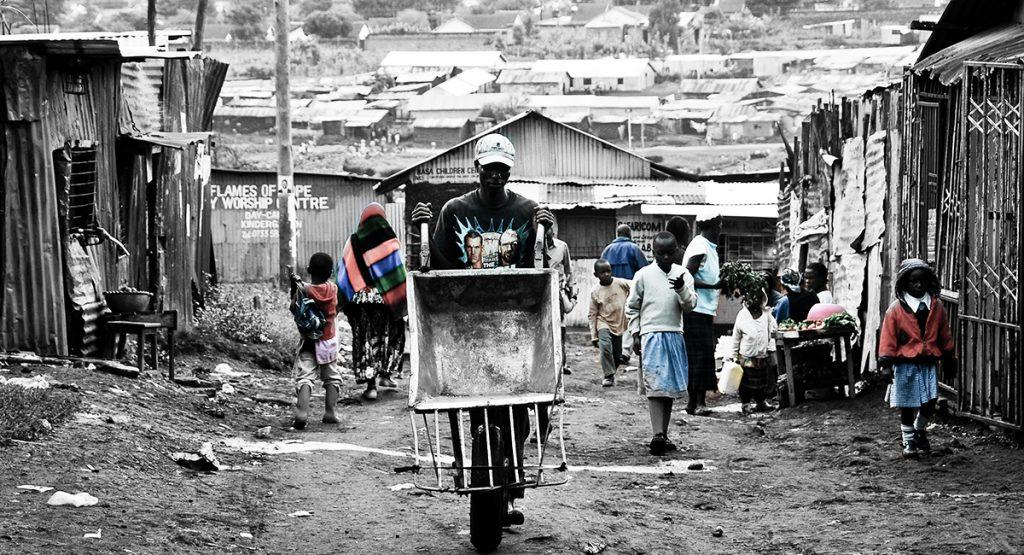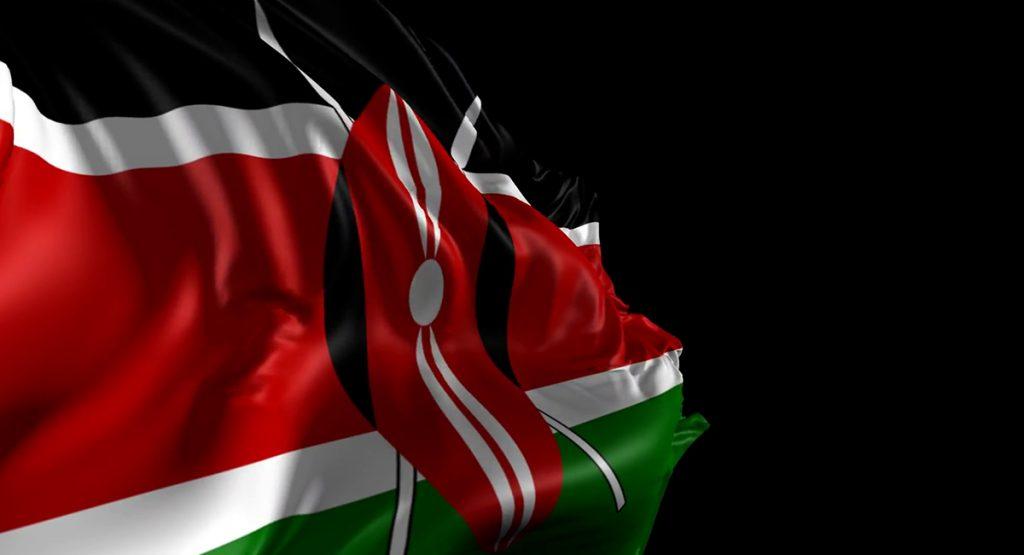Abortion is an emotive, sensitive, and divisive issue often riddled with arguments on the fetus as a right bearer and woman’s right of autonomy with each side believing to be the correct position. This controversy is exacerbated by the inconsistency in Kenya’s legal framework in regards to abortion.
Article 26(3) sets the foundation basis for the protection of life in the unequivocal affirmation that the life of a person begins at conception to the natural death of a person. Termination of this life in pregnancy can only be done within the precincts of the law and not ‘on-demand’. Where in the opinion of a trained medical professional there is a need for emergency treatment and that the life of the mother is in danger, abortion can only be procured.
Section 2 of the Children Act, 2001 defines a child as any human being under the age of 18. This definition doesn’t state any limitation as to when the child starts being called a human being or referred to as an individual. It merely says under the age of 18 implying that an unborn child falls within the definition of a child who deserves to be protected under the Act. This is also an undisputed idea that the unborn child will eventually become a human being that enjoys fundamental rights under Article 19 of the Kenyan Constitution.
The Constitutional reference to ‘birth’ under Article 27(4) implies that an unborn child forms part of every person and should not be denied constitutional protection through abortion. Read together with Article 26(2) on when life begins, the provision recognizes the unborn as a person entitled to the right to life and equality. Moreover, under Article 28 of the Constitution, all persons have inherent dignity and the right to have dignity, respect, and protection. Failure to protect the life of the unborn child amounts to a violation of the said article.
Pro-choice lobby groups have more often than not arguing that women are autonomous and have the moral right to decide for themselves what to do with their own bodies If a woman is denied to have the right to not have the baby and have a safe legal way of doing so, she is denied the right to the possession and control of her own body. The common-Law argument is that denial of a choice is a violation of a right.
The Penal Code Section S. 214 provides a contrary argument in relation to the definition of who a child is as defined by the Children Act. The Penal Code provides that for a child to become a person capable of being killed when it has proceeded in living state from the body of its mother whether it had breathed or not and whether it has an independent circulation or not. This provision appears to imply that a child who has not proceeded from the mother’s body is not a living human being and can lawfully be killed or aborted.
Regardless of the discussion on pro-choice and pro-life, unsafe abortions remains a leading cause of maternal morbidity and mortality in Kenya. The treatment of complications of unsafe abortions also consumes health system resources.
Kenya’s legal framework on abortion is inconsistent and therefore doesn’t adequately protect the life of the unborn child. For a meaningful discourse and solution to be found in addressing the gaps, it is paramount the rights of a woman be seen not as unethical to those of the unborn child. Although it is established that the two are distinct and separate persons with equal rights to life, it cannot be denied that protection of the rights of one necessarily requires the willingness to protect. Adequate laws will serve to advance this position for the common good of both persons and society in general.
By Mercy Chepkemoi



